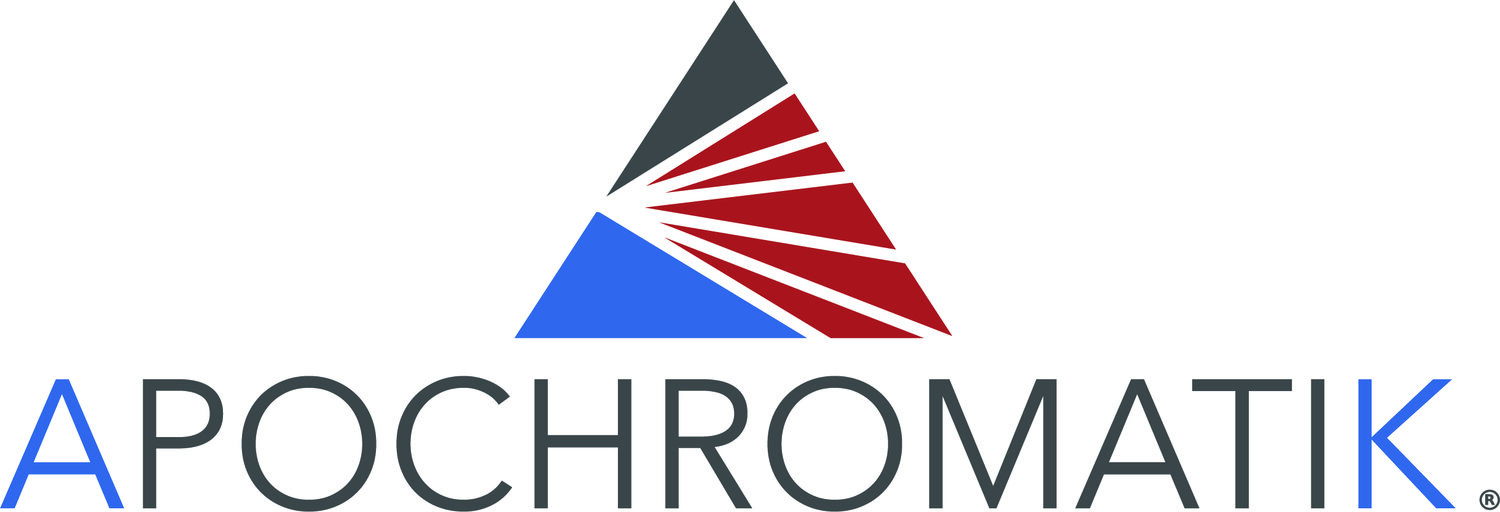Shift Your Mindset
I talked about my favorite word (“yet”) in Tuesday’s ApochroMinute and was blown away by the response. (If you missed this week’s video, you can check it out here.)
People who have overcome enormous physical, mental, financial, and other challenges let me know that they appreciated my comments, that they’d seen for themselves what a different “yet” can make, or just that they were going to give it a try. First of all, thank you. In these days when all of our interactions are online, a message means even more.
For today’s post, we wanted to dig a bit deeper into ways you can look forward rather than feeling as though you’re stuck where you are.
As I explained in the video, adding “yet” to the end of a statement — whether “I don’t know how to crochet yet” or “I don’t know how to lead a team yet” — is one of my favorite ways to get out of the cycle of feeling inadequate or intimidated. Using “yet” can help shift from what Stanford psychologist Carol Dweck calls a fixed mindset (where we assume factors like intelligence and creativity are fixed and can’t be changed), to a growth mindset (where we are excited by challenges and consider struggles as a way to learn and grow). (Her book Mindset: The New Psychology of Success goes into mindset in much more detail.)
But adding “yet” does more than “just” shift you into a growth mindset. Angela Duckworth recommends the yet technique in her book Grit: The Power of Passion and Perseverance for parents trying to teach their kids resilience, because it goes beyond what can be a natural inclination for kids to just give up and move on to something else when they encounter a challenge.
Duckworth also addresses the role of hope, explaining that people who persevere and are resilient (in her words, “gritty”) have hope that “has nothing to do with luck and everything to do with getting up again.”
She goes further to explain that hopelessness isn’t caused by suffering. Instead, she says, “It’s suffering you think you can’t control.”
I’d add that “yet” serves as a reminder that we do have agency to learn new skills, or develop new qualities. In other words, “yet” reminds us of our control.
So what does all this mean for your career?
It means that if you are anxious about being laid off or furloughed, both “yet” and more generally taking control can help.
Start with the difference between these statements:
“I haven’t updated my résumé and I don’t get the point of LinkedIn.”
Versus
“I haven’t updated my résumé yet and I don’t get the point of LinkedIn yet.”
How do you feel reading them? Do you feel the difference between the first example that lays out facts that feel insurmountable and fixed, and the second that makes clear that these aren’t permanent situations?
As we work with clients feeling overwhelmed due fears of being laid off, we see time and again the difference between a person anxious about a potential layoff who knows they’re ready for a job search if necessary, and a person who is both anxious about a potential layoff and has no idea where they’d start if it happened.
Knowing where you stand is an important first step. Because if you know how ready you are to be resilient if necessary, you are back in control and can choose to work now to address your preparedness.
If you want to assess your readiness in case a career rebound becomes necessary, I invite you to take our brand new Career Resiliency Assessment. It’s totally free, and can help you move from that vague sense of overwhelm into control and action.
And give “yet” a try. “Yet” doesn’t fix everything. But it helps us see that there are fixes.
Amy M. Gardner is a certified professional coach with Apochromatik specializing in career development and career transition coaching. Amy is a former Big Law associate, partner at a mid-size law firm, and dean of students at a top 5 law school. Today she works with lawyers and other high-achieving professionals to build the career and life they want. Contact Amy directly at amy@apochromatik.com.

